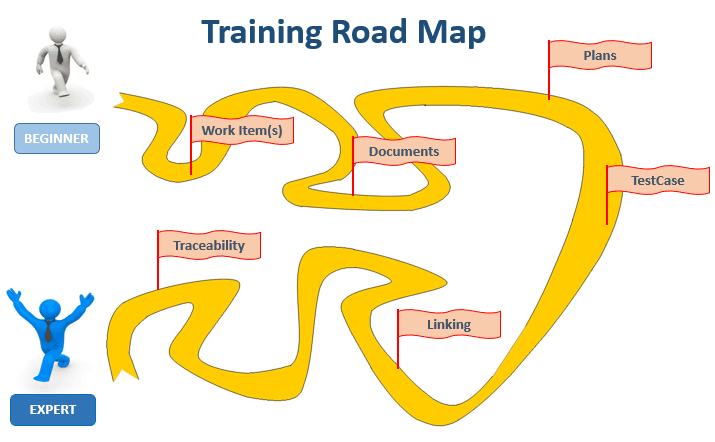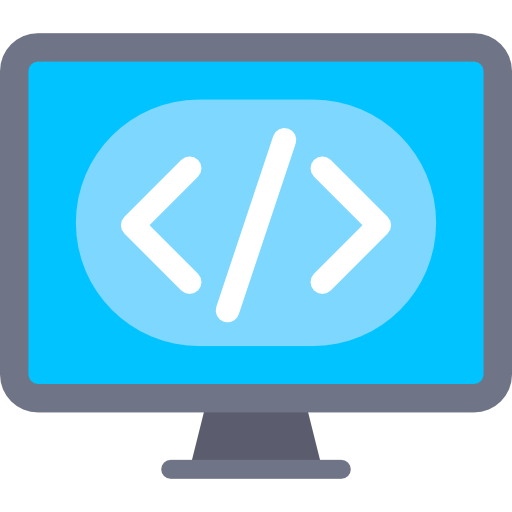Training about Polarion PLM
Take a Course or Learn-It-Yourself
- Training Course - the best option!
Our highly experienced specialists will guide you through the Training Course and answer all your questions.
- Learing by Yourself - second option...
You can use Polarion examples and API documentation to learn programming. It will take time...
Courses provided by us
We provide cources in English and Russian languages about Polarion ALM.
|
1. Basic course
+ Projects
+ WorkItems
+ Documents
+ Report Pages
+ Linking & Traceability
|
|
2. Advanced course
+ administration
+ data migration
+ optimization
|
|
3. Polarion Programming
+ Velocity
+ SQL
+ Java API
|
|
4. Company specific
+ Your Process
+ Your WorkItems
+ Your Documents
+ Your Report Pages
+ Your Linking
|
|
5. Individual Training
+ step-by-step
+ guided by expert
+ role-based
+ real-life scenarios
+ remote via internet
|
|
|
General Info
Here you will find list of:
- our courses (on customer site)
- practical recommendations how to learn Polarion by yourself (Do-It-Yourself).

Example - "Advanced API Training - Polarion ALM"
This is a practical training, when users try to create and change scripts (small programs) inside Polarion ALM.
- Installation of additional software. Prepare Development Environment. ��������������������������������������������������Setup for velocity scripting.
- Basic Polarion Wiki - structure, syntaxis
- Velocity - syntaxis used in Polarion
- Polarion API - how to use if from velocity
- SQL - how to use it from velocity
- Polarion Rendering API
- Examples of Widgets Development
- Scripts for Workflow Transitions or Save Hooks
|

|
Duration: 1-2 day (2 days if practical workshop is included).
Our Recommendations - How to learn Polarion - Do-It-Yourself
The basic knowledge about Polarion you can get from online presentations hosted by Polarion at
www.polarion.plm.automation.siemens.com and
www.youtube.com
WATCH - Video Courses from Polarion/Siemens
You can find the official Polarion Tutorial Videos on this page:
https://polarion.plm.automation.siemens.com/tutorials.
These videos give you basic overview about the Polarion User Interface and basic Polarion Functionality.
We recommend the watch the videos in following order:
1. Polarion Portal: Introduction. (9 minutes)
2. Traceability Basics (5 minutes)
3. Browsing Work Items (10 minutes)
4. Work Item Queries (4 minutes)
5. Basic Workflow Configuration (7 minutes)
6. Easy Linking for Traceability (2 minutes)
7. Polarion LiveDoc™ Documents (6 minutes)
8. Project Basics (Part 1) (7 minutes)
9. Project Basics (Part 2) (6 minutes)
-----------------------------------------------
TOTAL: 56 minutes
READ - Online Help about Polarion ALM
Links to official website with Online Help:

Picture above is from Polarion Online Help.
References
Job Options
What are your Job Options, if you know Polarion ALM?
| Job Title | Job Description
|
|---|
| Consultant | Provide consultancy about setting up Polarion (for each company - special setup)
|
| Trainer | Give training courses about Polarion.
Explain during training:
(a) the basic principles & ideas of Polarion ALM,
(b) advanced features,
(c) generic Requirements Management.
|
| Administrator | Setup and maintain Polarion in a company (configuration, customizations, upgrades)
|
| Consultant/advisor in SW development PROCESS | (a) help analyse and map companys' processes to Polarion,
(b) explain/implemnet Agile/SCRUM/SAFe in Polairon for specific company
|
Typical Job Description
Typical job description for Polarion ALM specialist contains requirements described below. You do not usually need all skills at the same time. But to have them is an advantage.
For different jobs you will need different minimal set of skills.
Experience in Requirements Management, Application Lifecycle Management,
or Product Lifecycle Management is required.
Solid background and experience in one or more of the disciplines covered
by Polarion ALM solution, including:
•Requirements Management,
•Change Management,
•Task Management,
•Project Planning,
•Status, Progress, and Time Reporting,
•Traceability,
•Quality and Performance Audits with Metrics,
•Build Management,
•Configuration Management,
•Team Collaboration and Communication,
•Test Case Management,
•Release Management,
•Build Management,
•Variance Management
|

|